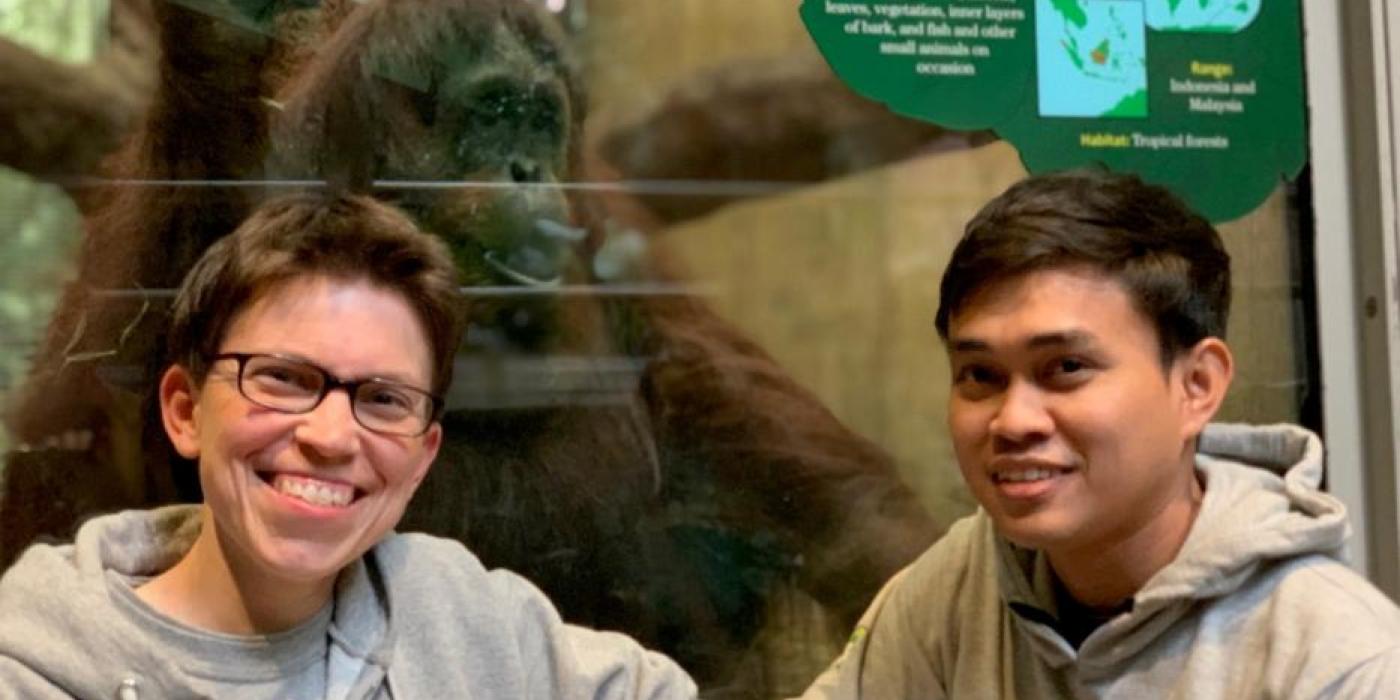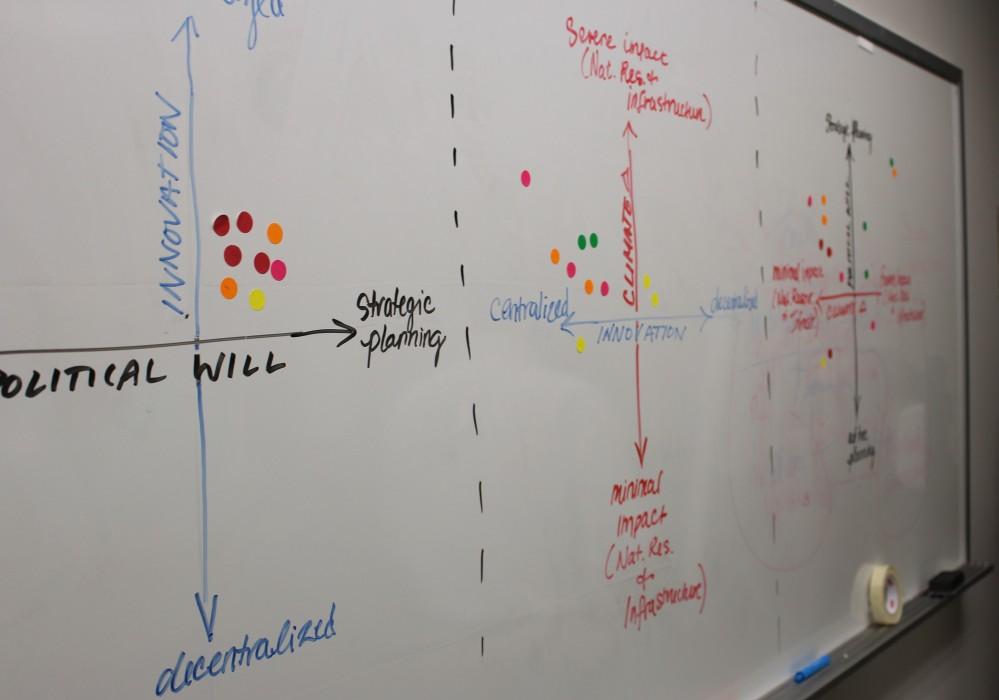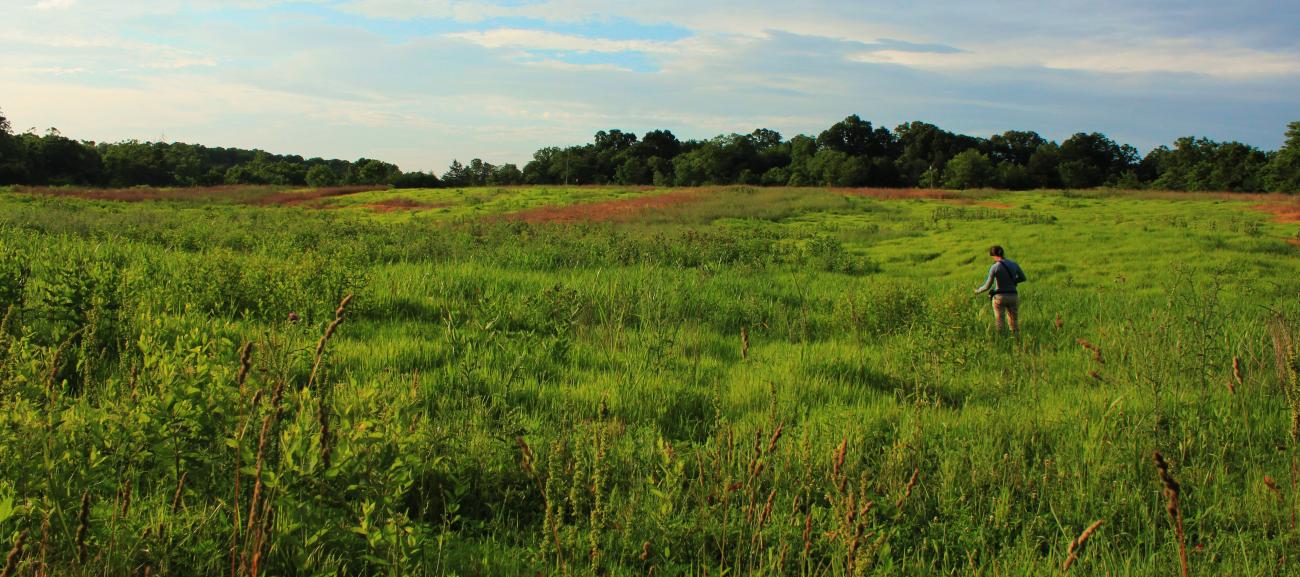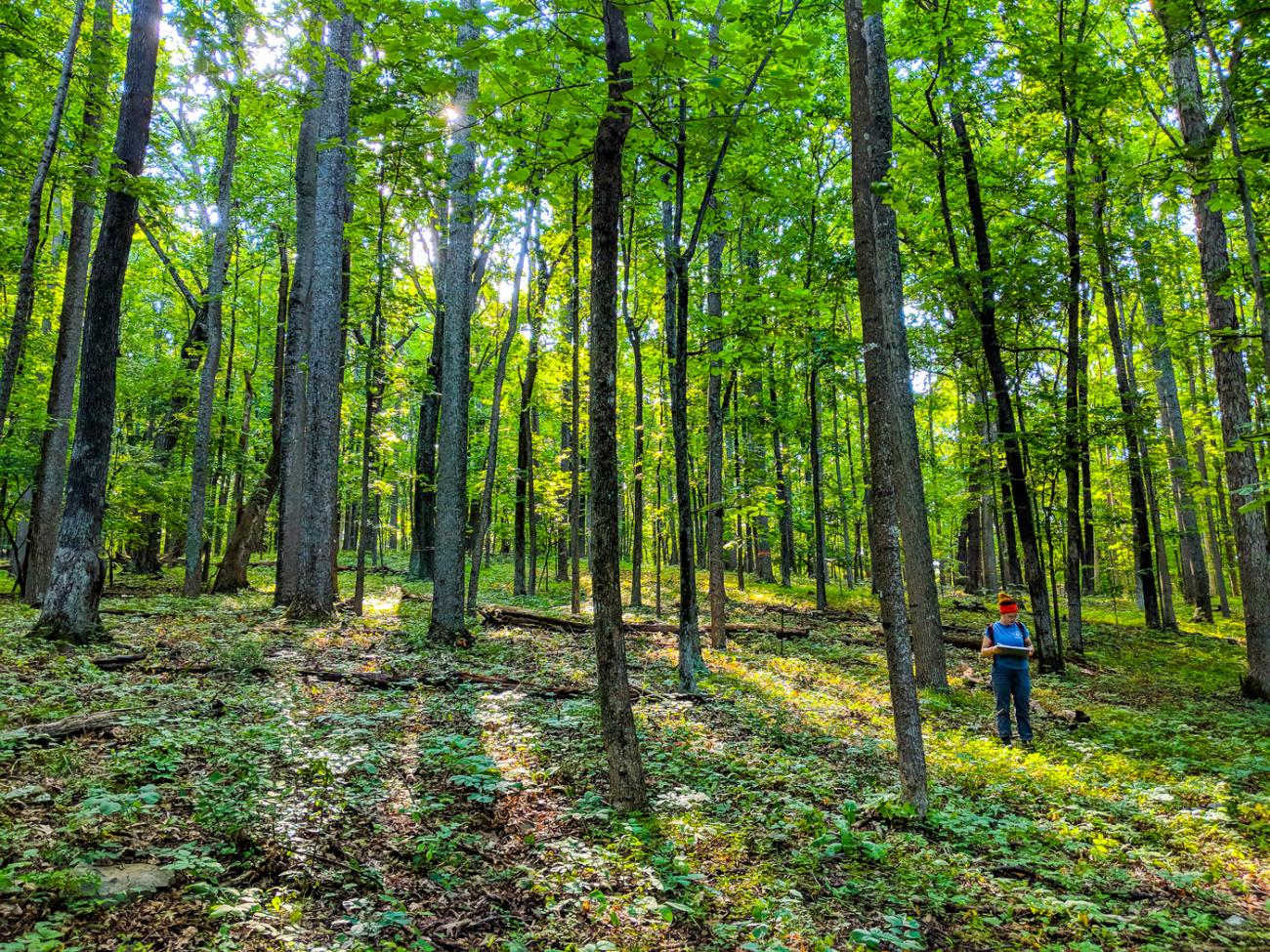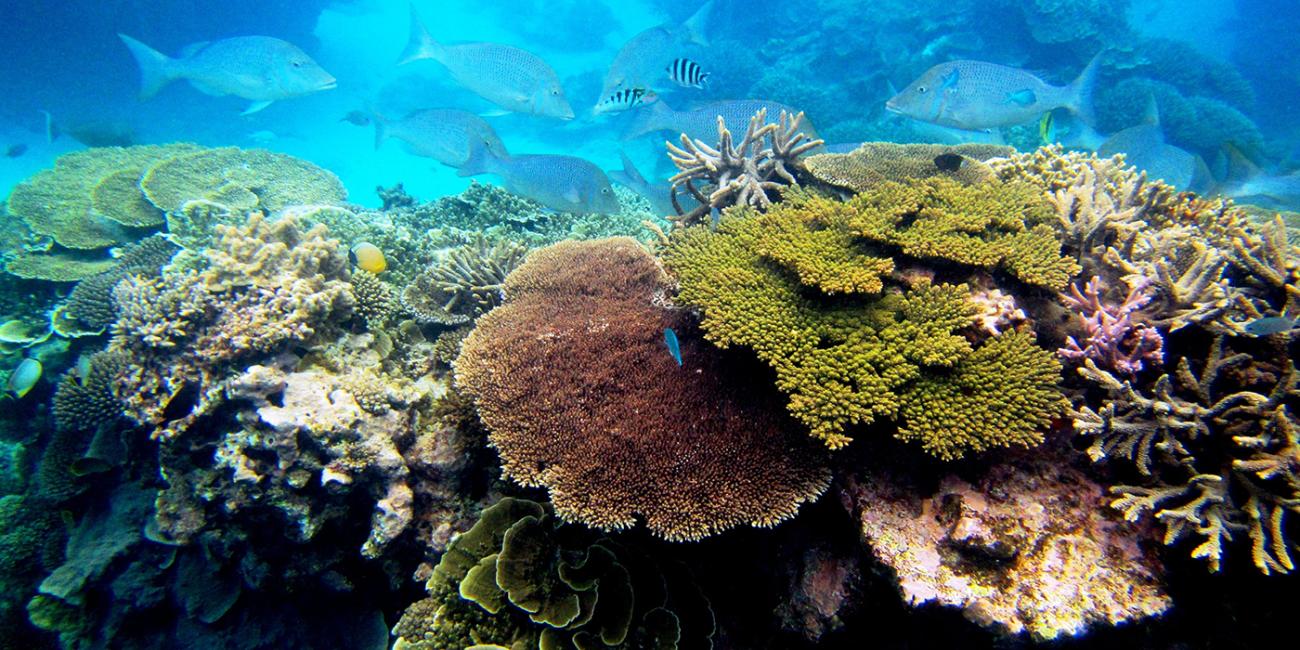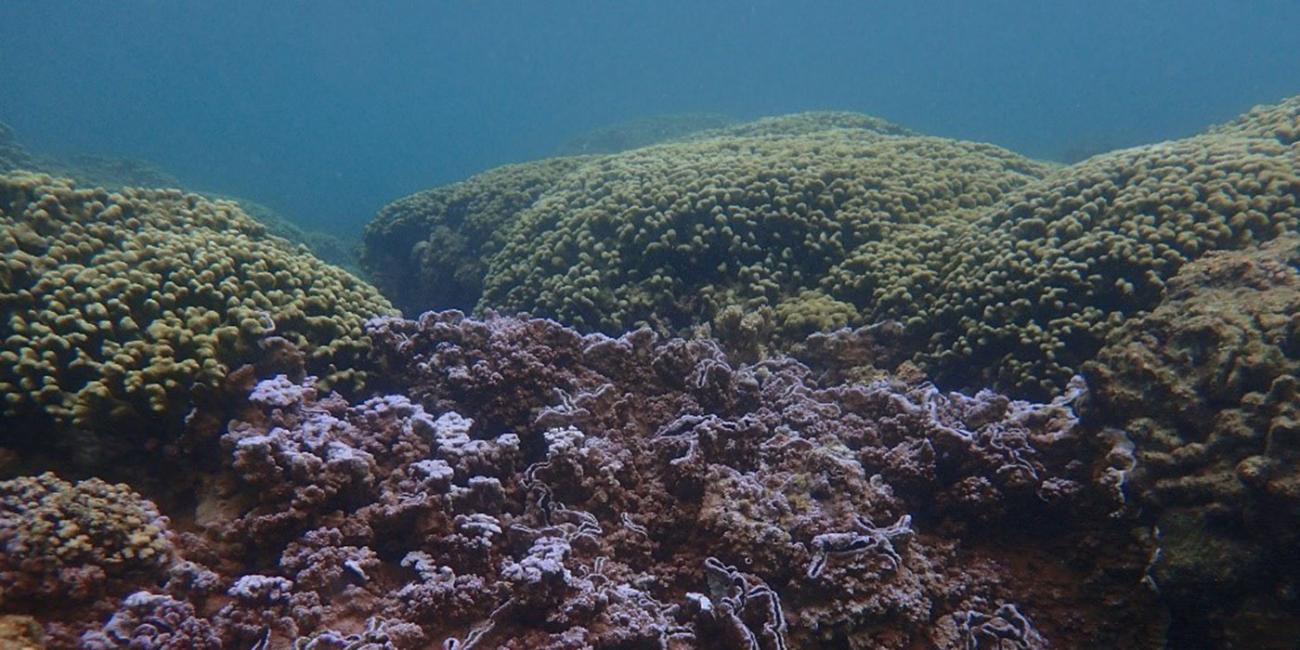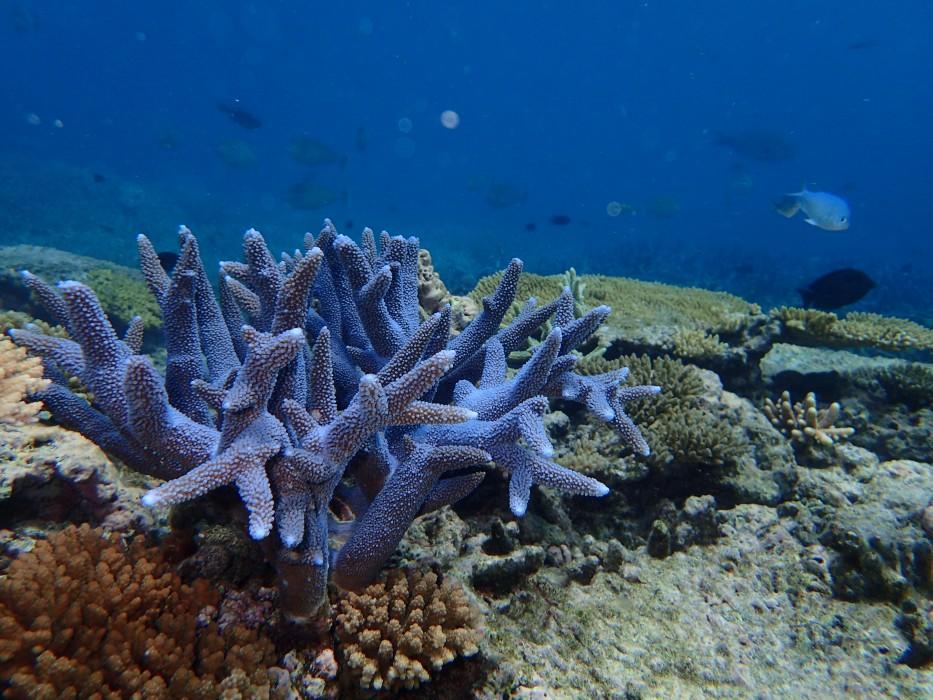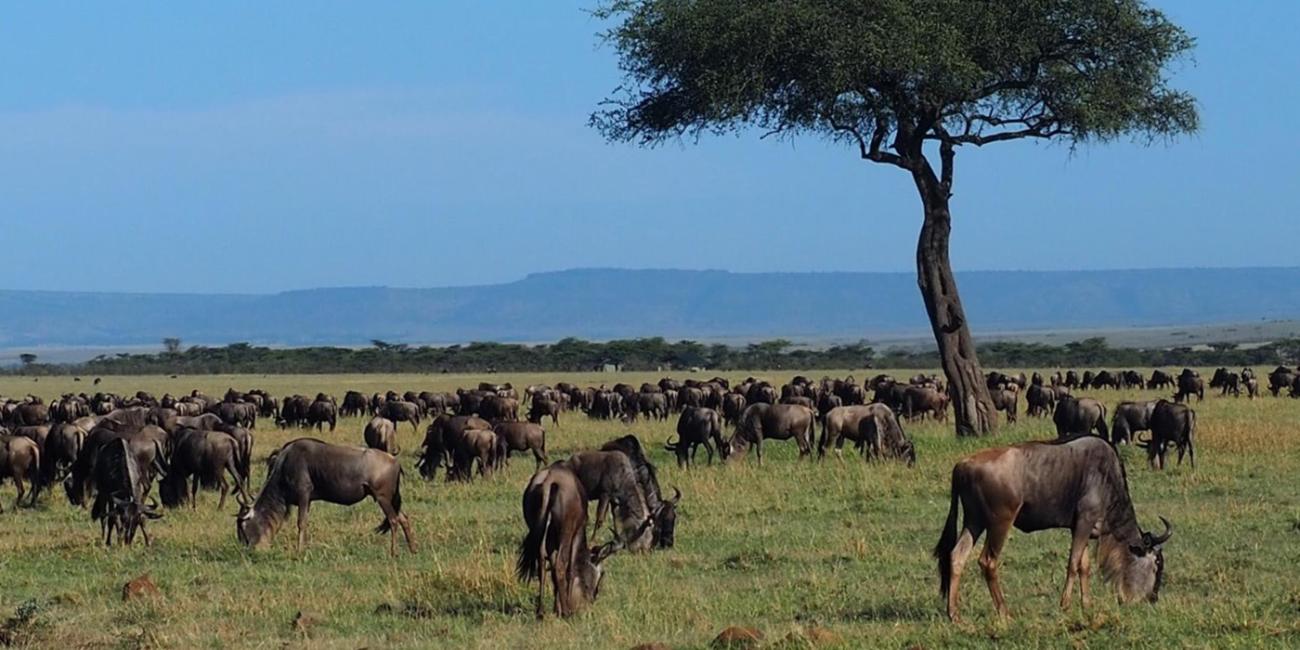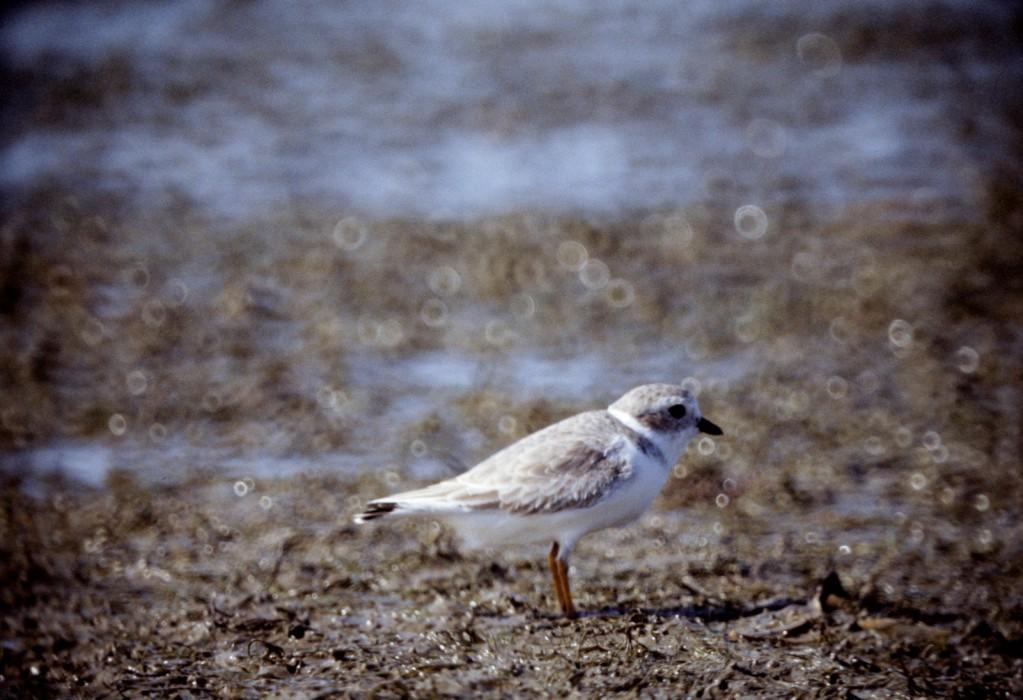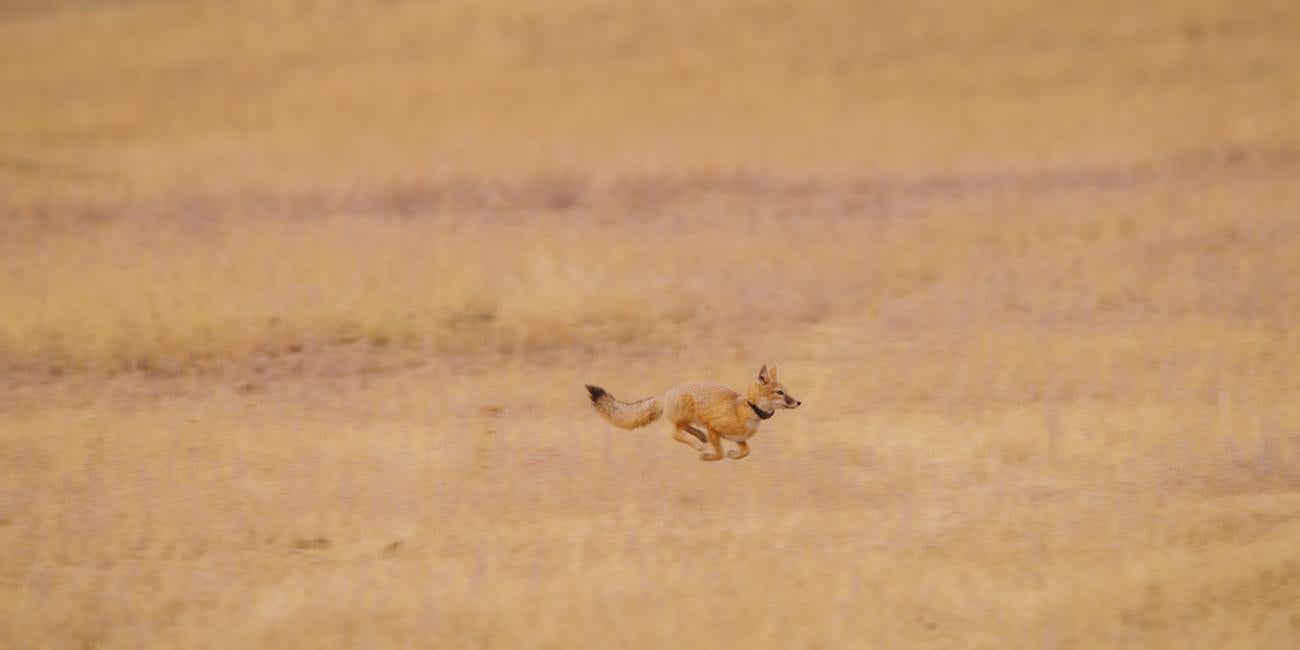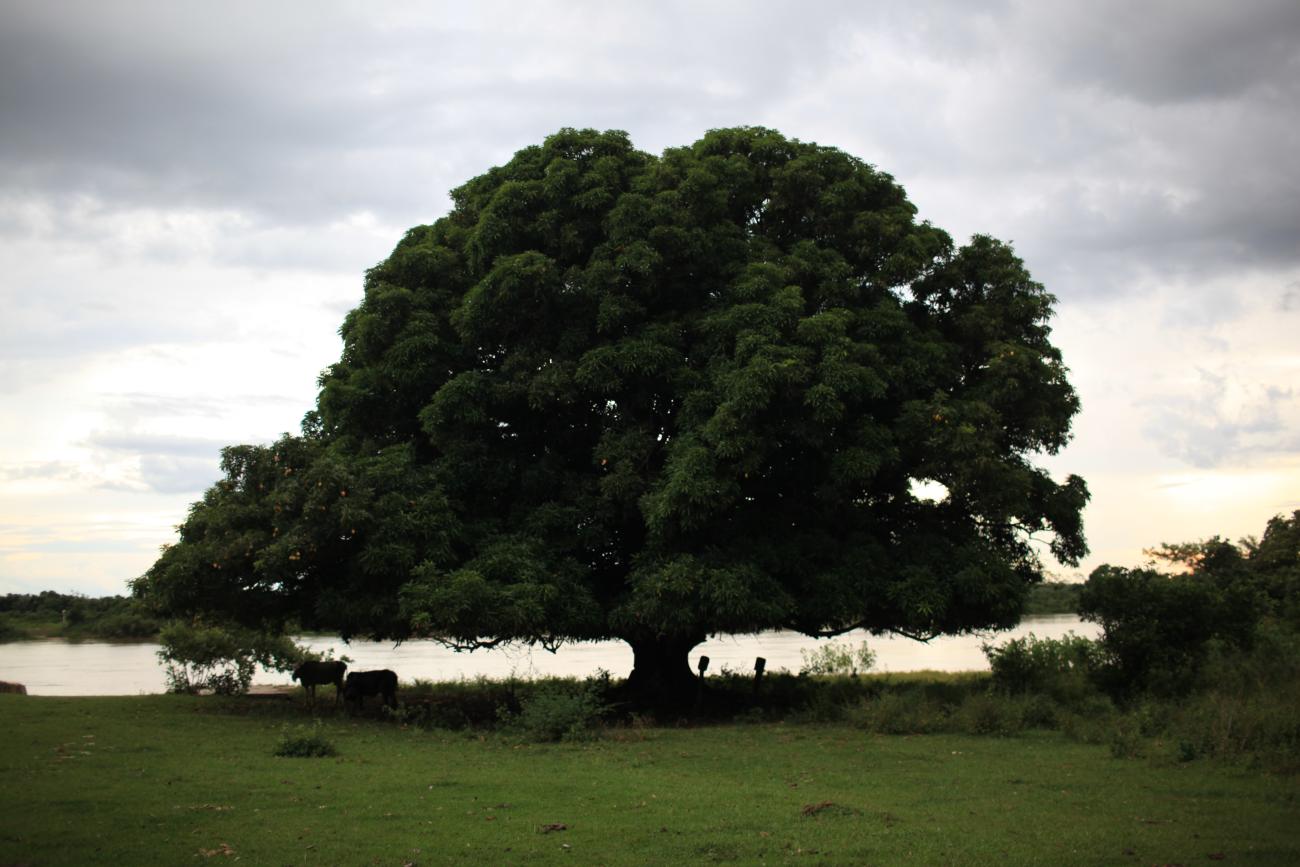International Exchange Program
The Global Health Program is committed to enhancing knowledge and scientific resources in developing nations. GHP trains professionals across a wide variety of wildlife and conservation disciplines at the human-wildlife interface in order to improve access to and engagement in modern One Health techniques.
This training opportunity brings international professionals to the United States to spend three to four weeks rotating through departments at the Smithsonian's National Zoo in Washington, D.C., and the Smithsonian Conservation Biology Institute in Front Royal, Virginia. This unique experience allows professionals from partner institutions around the world to shadow world-renowned wildlife clinicians, keepers and researchers.
Specific department scheduling and rotation varies based on the interest area of the participant and the needs of their home organization, but may include species-specific wildlife management, veterinary clinical care, pathology, nutrition, genetics and wildlife management.
